
Leeds signs Memorandum of Understanding with Beijing Sport University
The University of Leeds has signed a Memorandum of Understanding with Beijing Sport University, China's leading higher education institution for sport.

The University of Leeds has signed a Memorandum of Understanding with Beijing Sport University, China's leading higher education institution for sport.
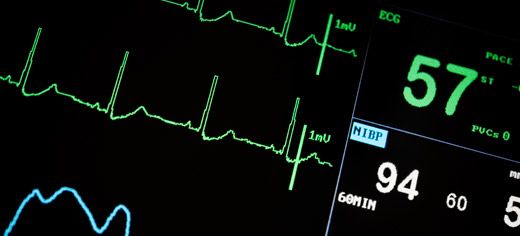
People are more likely to survive a heart attack if they have an electrocardiogram (ECG) in the ambulance on the way to hospital, research by the University of Leeds has shown.
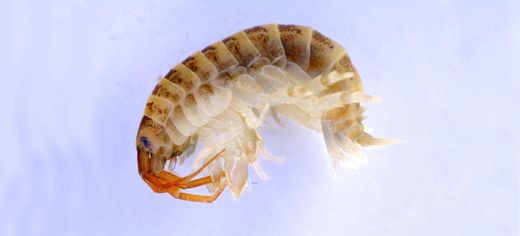
Foreign species that are devastating water ecosystems could be "hitchhiking" around Britain on canoeists' and anglers' kit, according to a new study.
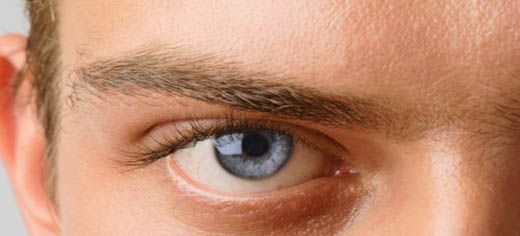
Scientists from the University of Leeds have discovered six new forms of inherited blindness, each one resulting from mutations in a different gene important in eye development and vision.

The UK Natural Environment Research Council (NERC) has awarded the University of Leeds £5 million to host and lead two national centres for studying the Earth from space.

The notoriously short fuses of some sports coaches could be explained by excessive concern with how they will be seen by others, according to new research.
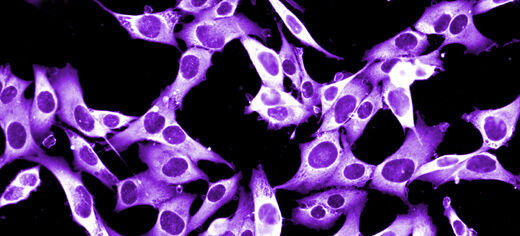
Researchers from the University of Leeds have discovered that mutations in a specific gene are responsible for a hereditary form of melanoma.

A new £7 million centre at the University of Leeds will lead UK research in manufacturing advanced chemical products.
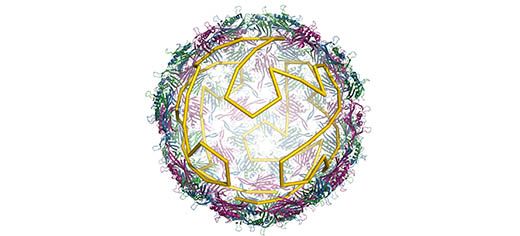
A new study has solved a long-standing puzzle of how common viruses reproduce themselves during an infection, opening up new possibilities for treating a range of diseases from HIV to the common cold.

A new study led by NASA and the University of Leeds has confirmed that natural forests in the Amazon remove more carbon dioxide from the atmosphere than they emit.